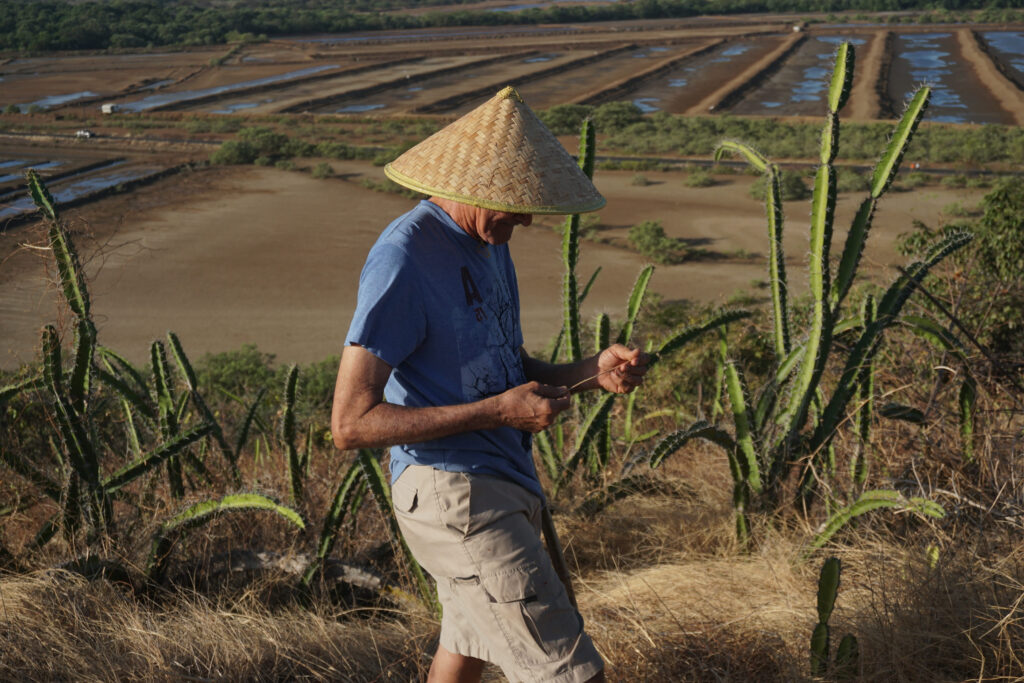SUSTAINABLE PROTEIN INNOVATIONS ARE A KEY ELEMENT OF CHINA’S 5-YEAR AGRICULTURE PLAN
Chinese government planning has cited innovation in the food sector, in particular sustainable protein, as a key part of its agricultural strategy.
In January, the Chinese government published a Five-Year Plan for Agriculture. The document has made headlines because of its references to innovation in achieving sustainable protein. Specifically, the plan has a section dedicated to technology innovation, with a heading titled “cutting edge and cross integrated technology”. There are mentions of “cell-based meat, synthetic egg cream, functional recombinant protein cultivation” as methods to achieve sustainable protein, as reported by China Dialogue.
In 2021, a heightened demand for animal feed partly drove a surge of grain imports, with over 160 million tonnes of grains like maize and wheat being imported into the country. It has been reported that in China’s cereal harvests, growth has slowed down. This has led many to believe that sustainable, plant-based and cultivated meats could be a solution for the country’s issues in this sector. By transitioning from producing food that necessitates large amounts of animal feed, there is an opportunity to decrease dependence on foreign exports.
It has also been noted that the economics of plant protein production could be beneficial, as it eschews the “feed-to-food conversion loss” which can be found when producing other sources of protein. One example is pea protein, which apparently requires a third of the land needed to produce the same amount of protein via pork.
As well as this, it is felt that the supply chain could be bolstered by ramping up alternative protein production, with disruptions being experienced in the last two years during the Covid-19 pandemic.

China could champion new sustainable protein industry
China is observed as being a hub for food technologies, with a growing amount of food tech start-ups. It also has a rising alternative protein sector, with companies like CellX and JIMI. Thus, China could position itself as a leader in the widespread transition to a sustainable protein, and food, system.
The sustainable protein industry could be a tech-driven export market that suits China, with close proximity to technological innovations and high amounts of spending on research and development. Scaling sustainable protein production may introduce new opportunities to export to the world, similar to how China became a leading provider of solar energy during the emergence of clean energy growth trends.
Food technology itself could be the reason why pricing for sustainable protein decreases. Right now, cultivating meat is less expensive than alternatives. That said, advances and innovations within technology may help producers achieve price parity by 2030, as stated by consulting firm McKinsey and reported on Sial Paris Newsroom. One reason why price parity has yet to be achieved is the cost of lab-scale and pilot-scale production, along with other challenges related to technology. That said, since the first sustainable protein prototypes emerged a decade ago, production costs have reportedly fallen by 99%.
There are other ways in which the cost of producing sustainable protein can decrease. A growing number of domestic entrepreneurs specialising in cell-based meat production may help provide cost-reducing innovation. One sustainable protein producer, JIMI, predicts that the cost of producing cell-based meat could be reduced to approximately €13.6 per kg by 2027.
The importance of sustainable protein for China and the rest of the world
China’s Five-Year Plan for Agriculture acknowledges the obligation to reduce emissions related to agriculture, and the importance of reaching carbon neutrality. It is possible that China’s commitment to using food technology may have a knock-on effect with other countries. The country has previously acknowledged the importance of reducing methane emissions across sectors such as agriculture. Government plans citing sustainable protein, cultivated meat and other synthetic foods could be a key event for the alternative protein sector. Time will tell the importance of this five-year-plan and its influence throughout China and the world.
Join us at SIAL Paris as exhibitor Join us at SIAL Paris as visitor
